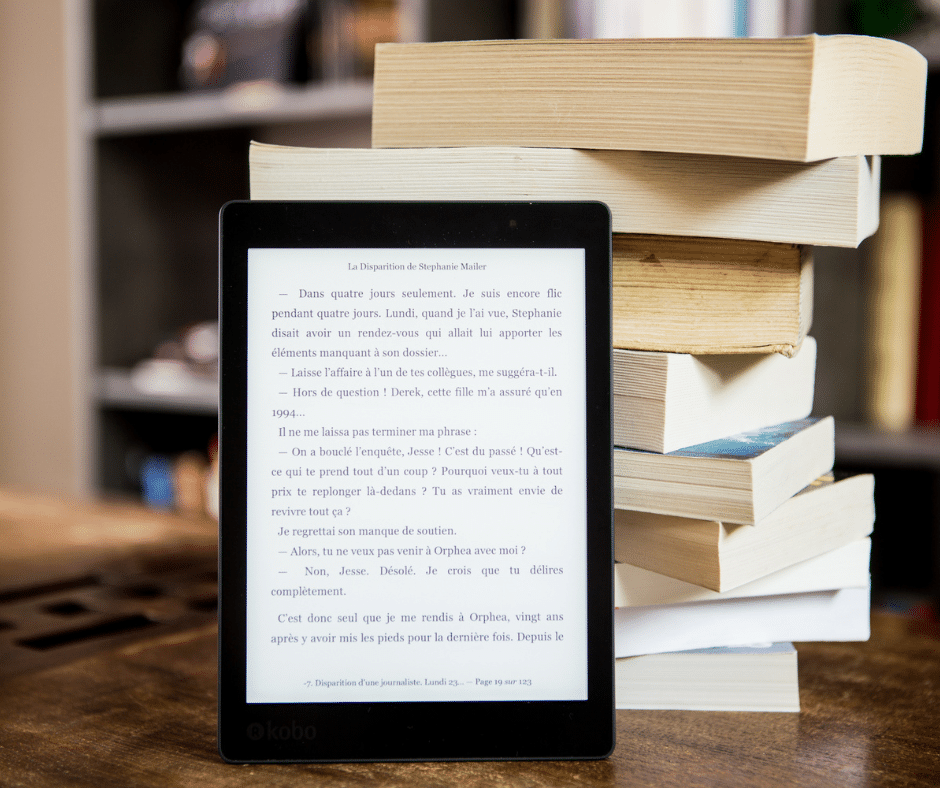E-Books vs Physical Books: Which Format is Right for You?

Introduction: The Battle Between E-Books and Physical Books
In today’s digital age, the battle between e-books and physical books has become a topic of great debate among book lovers. With the rise of e-readers and the convenience they offer, many readers have shifted towards e-books. However, there are still those who swear by the traditional feel and smell of physical books. So, which format is right for you? Let’s delve into the pros and cons of both e-books and physical books to help you make an informed decision.
Pros and Cons of E-Books
E-books have gained immense popularity in recent years, and for good reason. One of the biggest advantages of e-books is their portability. With just a single device, you can carry an entire library with you wherever you go. Whether you’re traveling or commuting, having access to a wide range of books at your fingertips is undeniably convenient.
Another advantage of e-books is their accessibility. E-books can be easily purchased and downloaded from online platforms, making it effortless to find and acquire the books you desire. Additionally, e-books often come with features like adjustable font sizes, highlighting, and note-taking, allowing for a personalized reading experience.
Furthermore, e-books are often more affordable than physical books. With no printing or shipping costs, e-books tend to be cheaper, making them an attractive option for budget-conscious readers. Additionally, e-books are environmentally friendly, as they eliminate the need for paper production and transportation.
However, e-books do have their drawbacks. One of the main concerns is eye strain caused by reading on electronic devices for extended periods. The blue light emitted by screens can lead to fatigue and discomfort. Moreover, the tactile experience of flipping through pages and the smell of a new book are lost with e-books, which some readers find disappointing.
Pros and Cons of Physical Books
Physical books have been cherished for centuries, and for good reason. One of the most significant advantages of physical books is the sensory experience they provide. The weight of a book in your hands, the sound of pages turning, and the smell of ink and paper create a unique and immersive reading experience that many readers find irreplaceable.
Physical books also offer a break from screens and technology. In a world dominated by digital devices, the act of disconnecting and engaging with a physical book can be a welcome respite. Additionally, physical books do not require batteries or charging, ensuring uninterrupted reading sessions.
Furthermore, physical books are often seen as collectibles and can hold sentimental value. Many readers enjoy building personal libraries and displaying their favorite books on shelves, creating a sense of pride and accomplishment.
However, physical books also have their downsides. They can be bulky and heavy, making them less convenient for travel or commuting. Additionally, physical books can be more expensive than e-books, especially for hardcover editions. Moreover, finding a specific physical book may require visiting multiple bookstores or waiting for delivery, which can be time-consuming.
Conclusion: Choosing the Right Format for You
Ultimately, the choice between e-books and physical books boils down to personal preference and individual circumstances. If convenience, affordability, and portability are your priorities, e-books may be the ideal choice for you. On the other hand, if you value the sensory experience, collectability, and the joy of flipping through physical pages, then physical books may be more suitable.
It’s worth noting that many readers find a balance between the two formats. They may opt for e-books for travel or quick reads, while reserving physical books for their favorite authors or special editions. Ultimately, the most important thing is to continue reading and enjoying the written word, regardless of the format you choose. As George R.R. Martin once said, “A reader lives a thousand lives before he dies… The man who never reads lives only one.”


